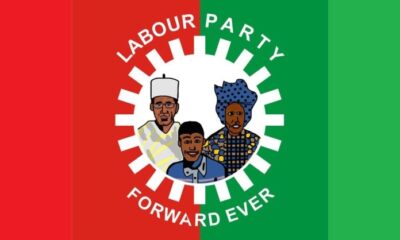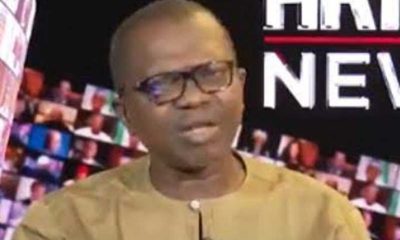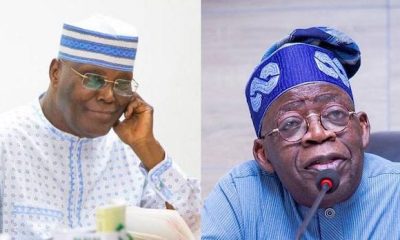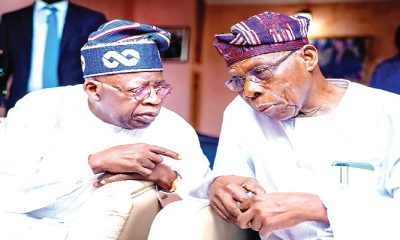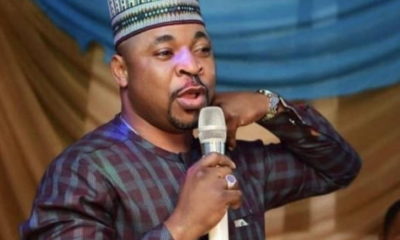National
Tinubu Sets To Break Deadlock On Minimum Wage Talks At Tripartite Meeting On Thursday
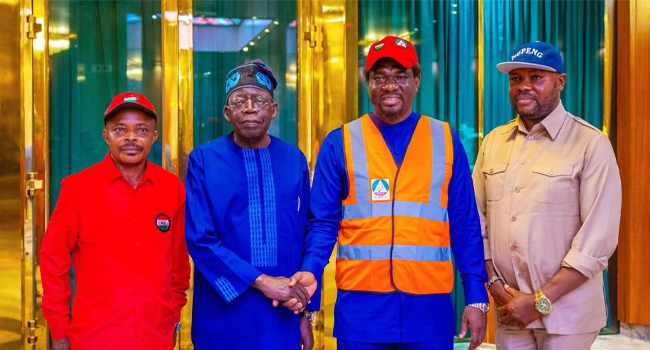
President Bola Tinubu is scheduled to convene a meeting with Organised Labour in Abuja on Thursday to resume discussions regarding a new minimum wage for Nigerian workers.
The invitation extended to the leadership of the Nigeria Labour Congress (NLC) and the Trade Union Congress (TUC) signifies a pivotal meeting set to take place at the Aso Villa in Abuja, according to a senior labour source.
During the upcoming session, President Tinubu will address the government’s and private sector’s proposal for a ₦62,000 minimum wage, alongside Organised Labour’s demand for ₦250,000.
This meeting follows previous discussions where President Kassim Shettima engaged with governors from all 36 states and relevant ministers on the matter.
Negotiations have been ongoing for some time, with the Minimum Wage Act of 2019, which set the minimum wage at ₦30,000, expiring in April 2024. This legislative framework mandates a review every five years to keep pace with current economic conditions.
Earlier this year, President Tinubu established a Tripartite Committee tasked with negotiating a new minimum wage. The committee includes representatives from Organised Labour, federal and state governments, and the Organised Private Sector. Despite concerted efforts, the committee has yet to achieve consensus on a feasible new minimum wage.
In response to the deadlock, Organised Labour initiated an indefinite industrial action commencing on Monday, June 3, 2024. This strike action had widespread repercussions, leading to the shutdown of critical infrastructure such as airports, hospitals, the national grid, banks, the National Assembly, and state assemblies.
Labour unions argue that the current minimum wage of ₦30,000 fails to adequately meet the needs of the average Nigerian worker. They emphasize the necessity for a revised wage that reflects prevailing economic realities, including inflationary pressures and the impact of recent policy changes such as the removal of petrol subsidies and the unification of forex markets.
Send Us A Press Statement Advertise With Us Contact
And For More Nigerian News Visit GWG.NG



